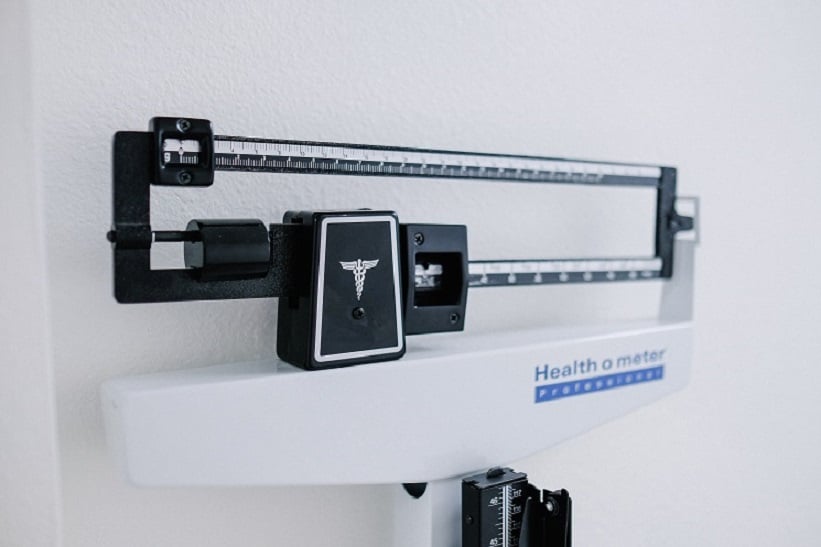BLOOD ceramide levels could help predict whether patients with Type 2 diabetes (T2D) who undergo gastric bypass surgery will experience remission.
The American Society for Metabolic and Bariatric Surgery (ASMBS) reported that over 24 million people in the USA are classified as severely obese with a BMI of more than or equal to 35. For some of these patients, gastric bypass surgery is considered to be the best option for weight loss and reduction in their risk of obesity-related comorbidities such as T2D.
According to the ASMBS, approximately 250,000 gastric bypass surgeries are performed each year. The most commonly performed surgery is the Roux-en-Y gastric bypass, where a small portion of the stomach is directly connected to the small intestine in order to achieve earlier satiety with smaller food volumes.
T2D is a major health problem associated with obesity. Whilst diabetes is less common following gastric bypass surgery, it can still occur. Historically it has been challenging for clinicians to predict which patients will experience recurrence or achieve remission.
Seeking to find a solution to this, Scott Summers and colleagues at the Utah Diabetes Metabolism Research Center, University of Utah, Salt Lake City, USA, built on previous work conducted on ceramides (a lipid substance), which found that ceramides can reduce insulin production and sensitivity, resulting in increased likelihood of developing diabetes. Taking this finding further, they analysed ceramide levels in blood samples from a total of 1,156 patients with severe obesity across three main categories: those who underwent gastric bypass surgery (n=418); those who did not have surgery because they were denied by their insurance company (n=417); and those who had not considered surgery as an option (n=321).
The study found that those with lower serum ceramide levels were more likely to achieve T2D remission than those with higher serum ceramide levels, regardless of the amount of weight lost following Roux-en-Y gastric bypass surgery. Furthermore, 67 patients who underwent gastric bypass surgery had pre-operative T2D, and 73% of them experienced either transient or sustained remission post-operatively. This could, therefore, provide a future biomarker to predict the course of T2D in patients awaiting gastric bypass surgery.
This study was limited by the fact that other weight loss interventions and lifestyle changes were not excluded, and no patients who were not severely obese were included, meaning that no inferences can be drawn about the role of ceramides in T2D in the non-severely obese population.
However, it does pose the question of what factors influence ceramide levels in patients that have diabetes. For future work, the team hope to assess the role of ceramides in diabetes progression in other populations.








